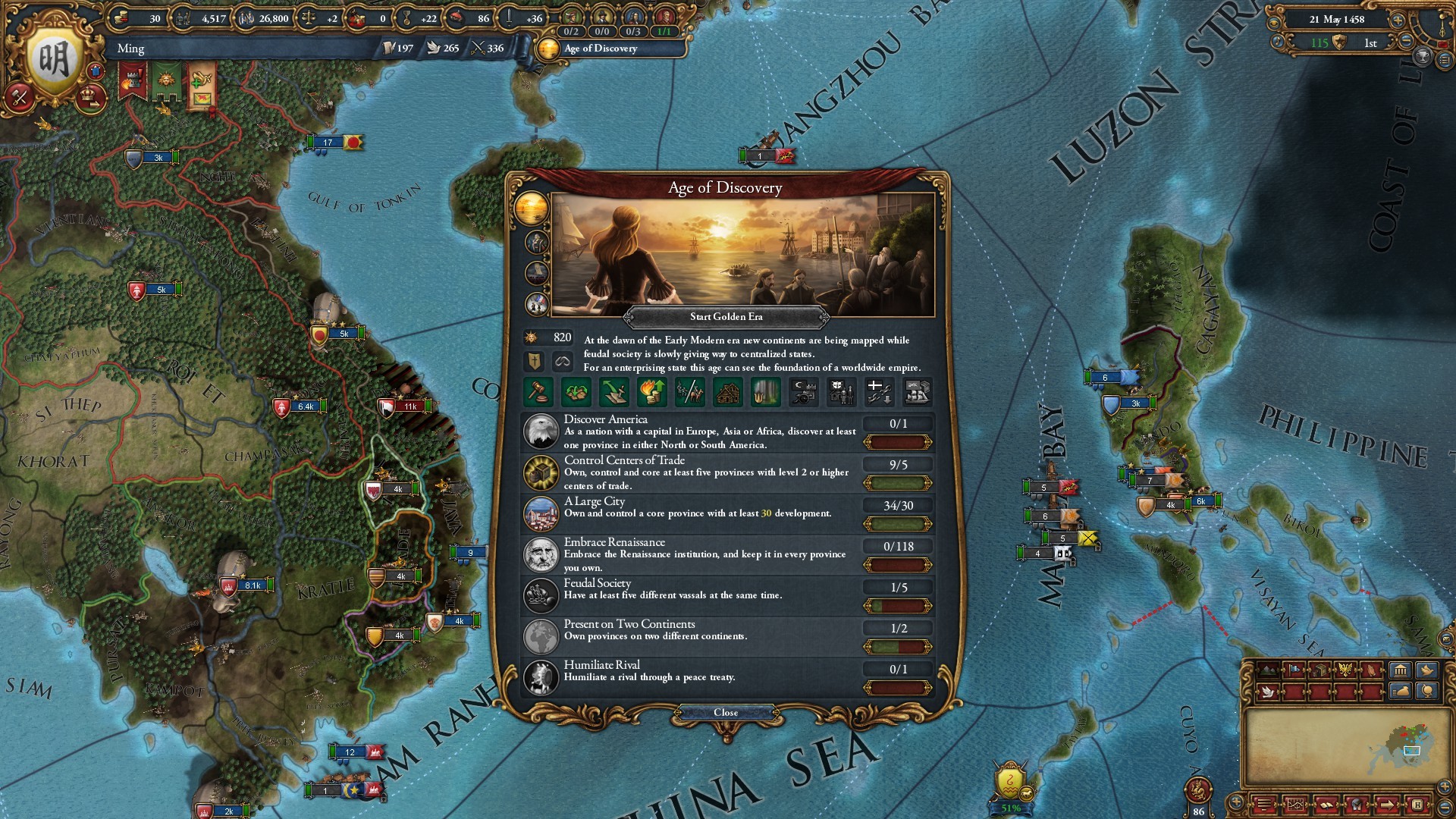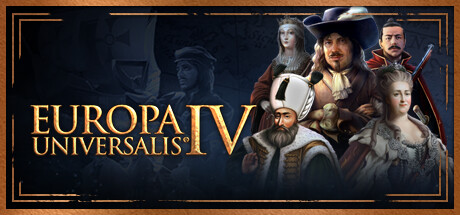Introduction
Released on August 13, 2013, Europa Universalis IV marked a milestone in the grand strategy genre. As CompletionistMaster, I’ve delved into every corner of this sprawling sandbox—from dynastic politics to colonial conquests. Since its release, Paradox Interactive’s masterpiece has reshaped strategy gaming. Moreover, it paved the way for countless epics to follow, leaving a lasting legacy.
Historical Context and Storyline
Europa Universalis IV spans four transformative centuries, starting in the late Middle Ages and unfolding through the Age of Discovery, Religious Wars, Enlightenment, and into the Age of Revolutions. Unlike many strategy games, it offers no fixed storyline. Instead, the emergent narrative is shaped by your decisions:
- During the Age of Discovery, send explorers into uncharted waters, establish trade routes, and carve out colonial empires.
- As religious upheaval takes hold, navigate the Protestant Reformation, the Counter-Reformation, and sectarian conflicts.
- Meanwhile, great power politics demand forging alliances, waging dynastic wars, and balancing power in a Europe on edge.
- Finally, revolutions and ideologies bring the French Revolution’s shockwave and the rise of nationalism.
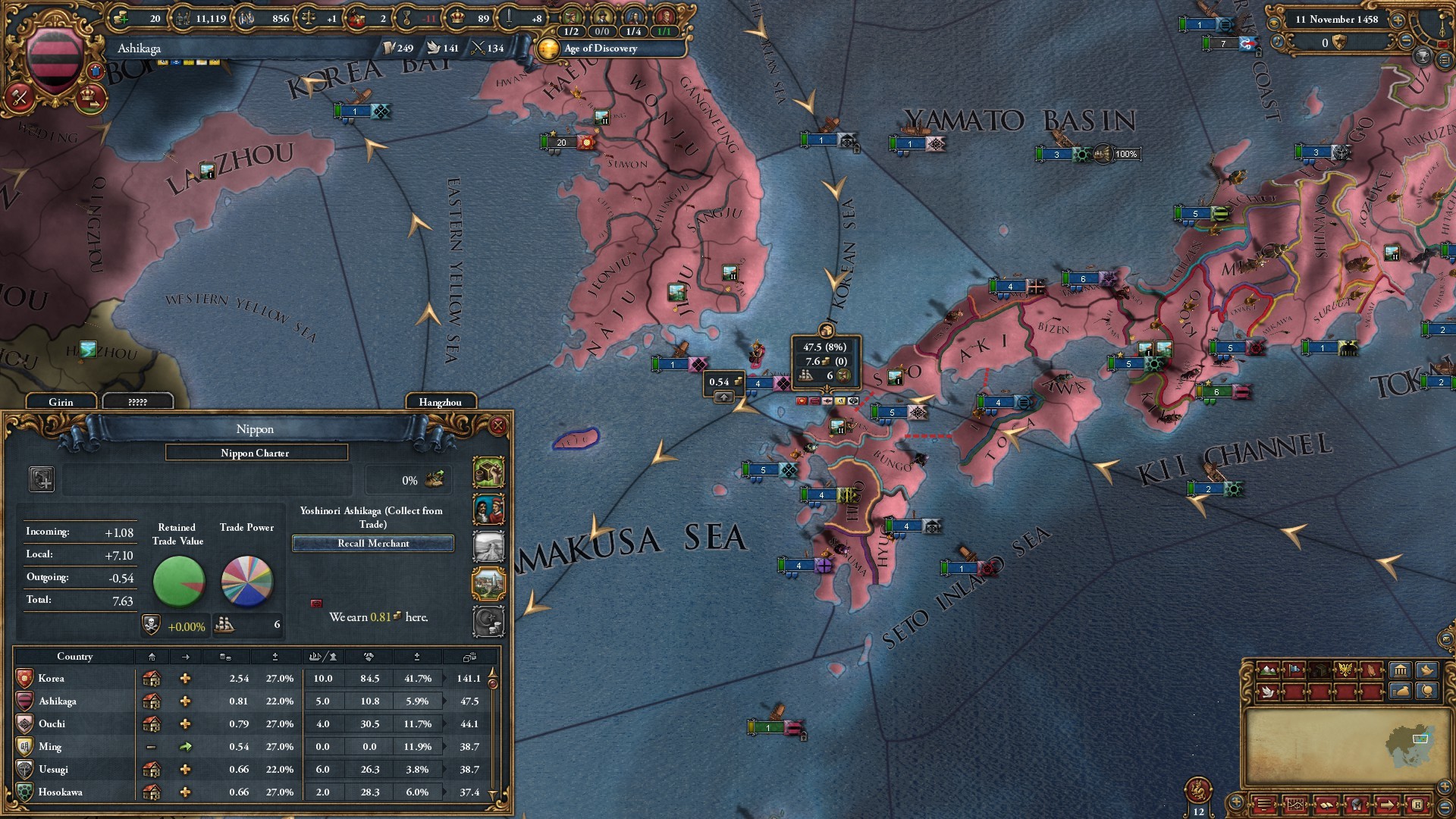
Gameplay Mechanics
EU4’s depth is legendary. To illustrate this, its key systems include:
- Diplomacy: Royal marriages, coalitions, vassalization, and Great Power interventions create a living political arena.
- Military: Drill tactics, morale, terrain modifiers, and commander traits demand careful planning.
- Economy and Trade: Control trade nodes, build customs houses, and manage inflation and loans to fuel expansion.
- Technology and Ideas: Invest monarch power in administrative, diplomatic, and military tech, then unlock national and idea groups that define your nation’s flavor.
- Religion and Culture: Embrace or reform faiths, manage revolts, and integrate diverse cultures into your realm.
Expansions and DLC
Paradox’s DLC model enriched EU4 with targeted expansions. For example:
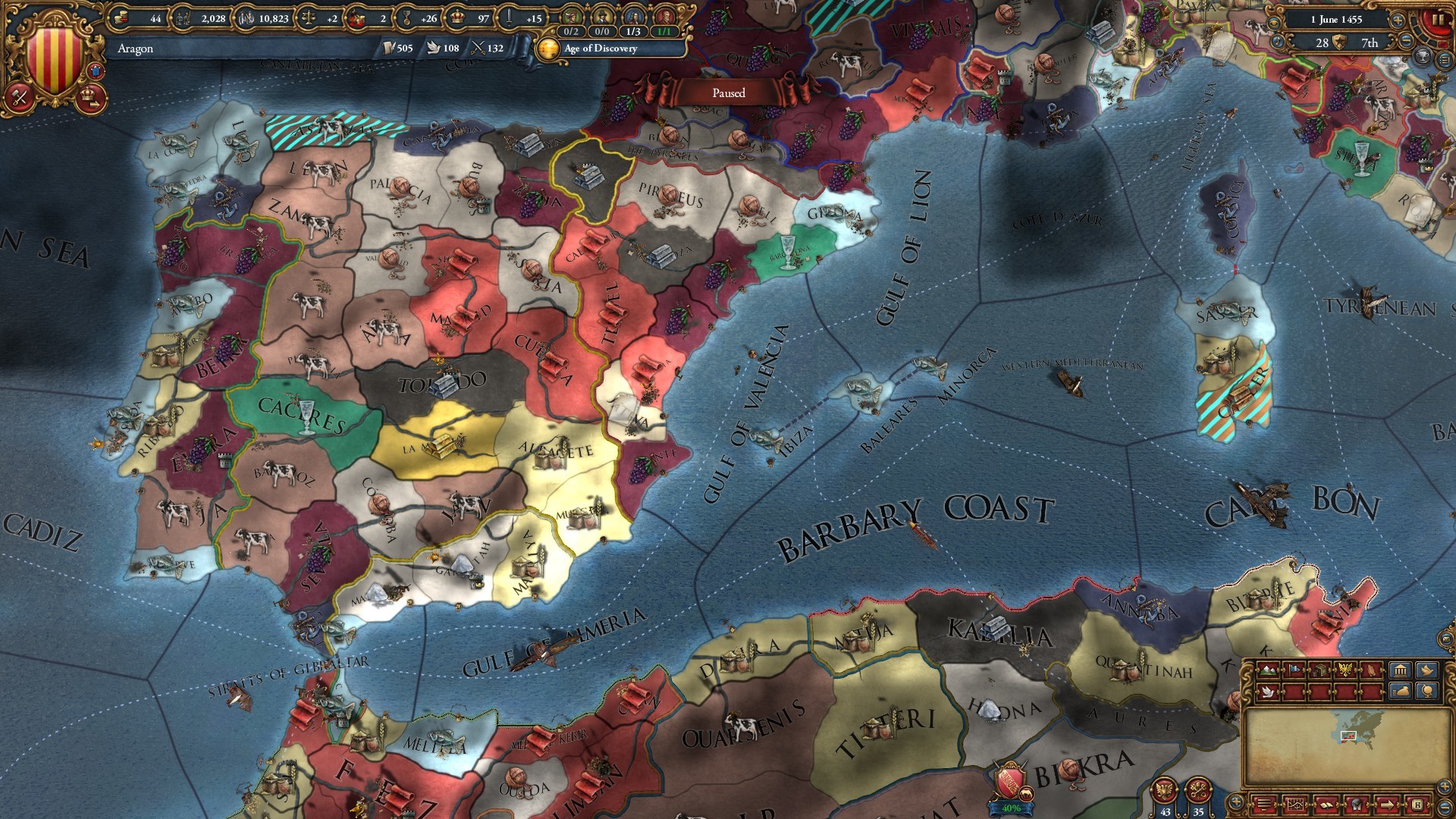
- Art of War: Focus on the Thirty Years’ War, enhanced battle AI, and improved army management.
- Common Sense: Introduced parliamentary systems, “tall” empire growth, and deeper religious mechanics.
- Rights of Man: Personalized monarch traits, Great Power dynamics, and expanded religious options.
- Digital Extreme Edition: Cosmetic pack with unit models, music, and event art reflecting Islamic, Ottoman, and American themes.
As a result, each expansion broadened the sandbox without breaking its core balance.
Visuals and Audio
While not the flashiest, EU4’s interface balances clarity with complexity. On the one hand, province maps shimmer with terrain detail, and unit icons evolve through the centuries. On the other, the soundtrack—sweeping orchestral themes and era-appropriate choral pieces—immerses you in each age. Additionally, event illustrations and diplomatic portraits add flavor to historical moments.
Community and Reviews
Europa Universalis IV boasts stellar community feedback:
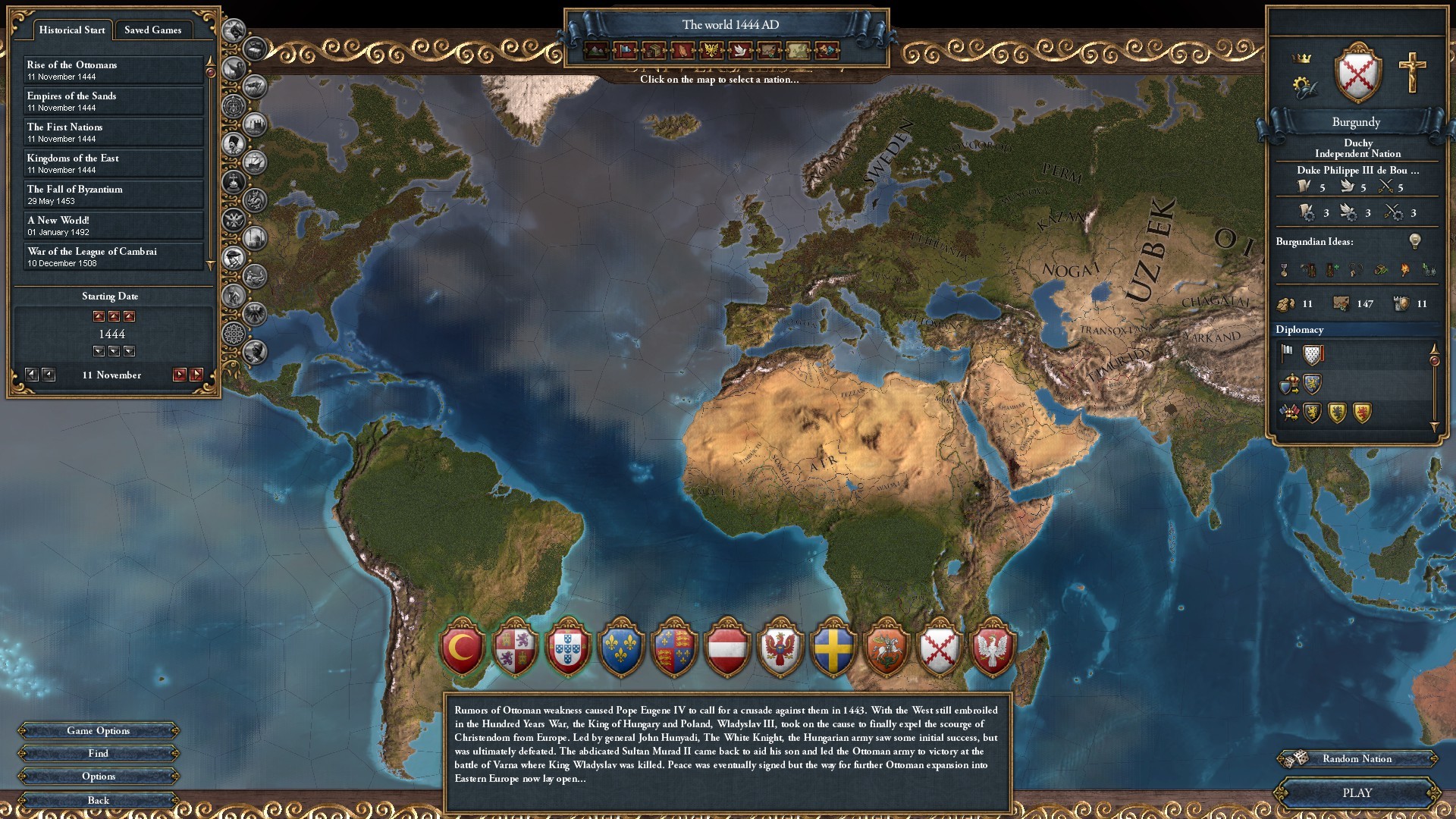
- Recent Reviews: Very Positive (88% of 531 reviews)
- All Time Reviews: Very Positive (87% of 90,848 reviews)
Players praise its:
- Depth & Freedom: Almost limitless strategic options and emergent storytelling.
- Replayability: Every campaign feels unique—no two runs are the same.
- Modding Support: A vibrant modding community adds new maps, mechanics, and immersive roleplay tools.
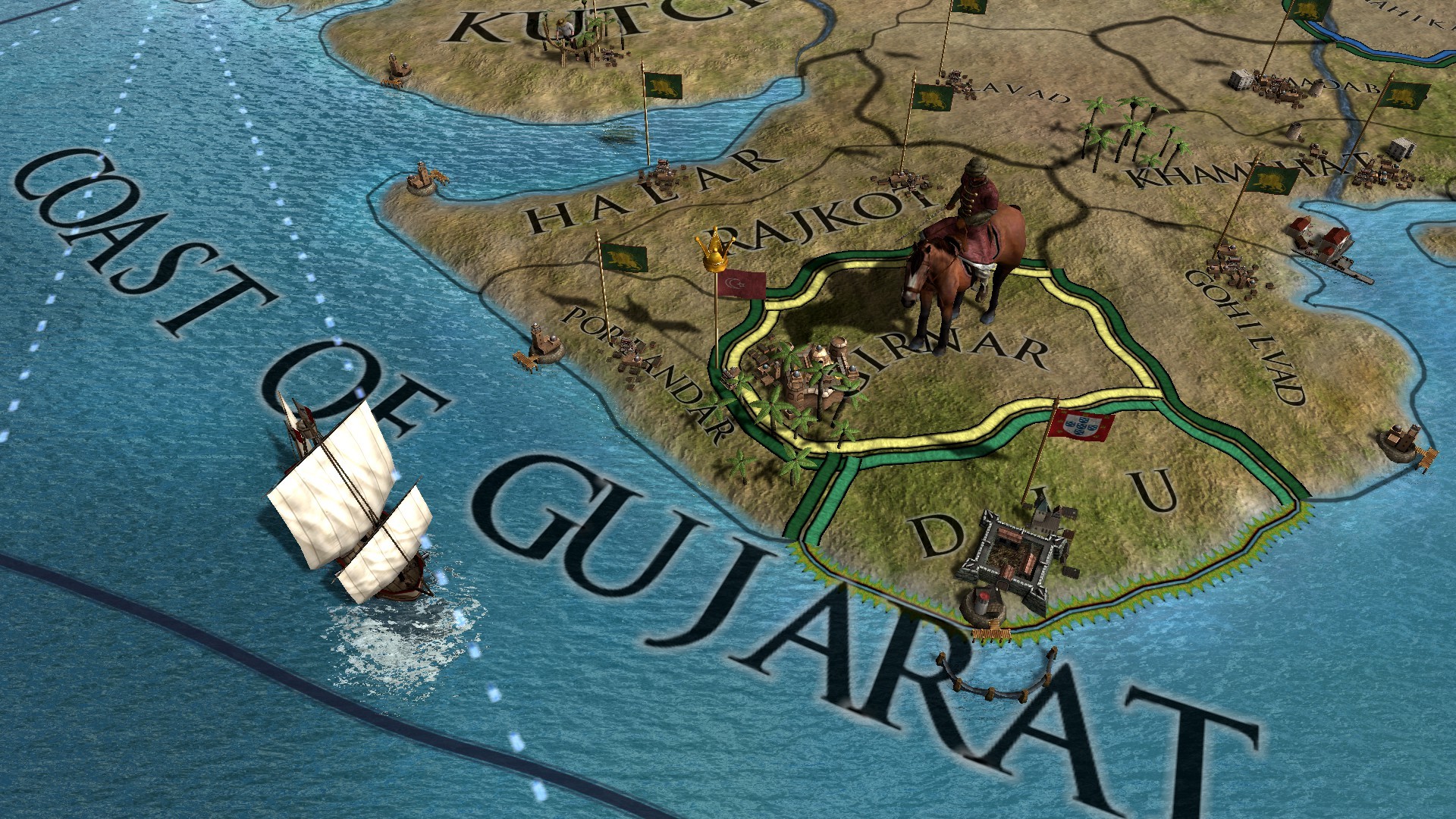
Nevertheless, common critiques highlight a steep learning curve, where newcomers can be overwhelmed by complex systems and UI intricacies. Furthermore, micromanagement often creates a late-game buffer between interface clicks and grand strategic decisions.
Legacy and Industry Impact
Europa Universalis IV stands as a pillar of grand strategy. Over time, its influence extended well beyond its own genre, inspiring:
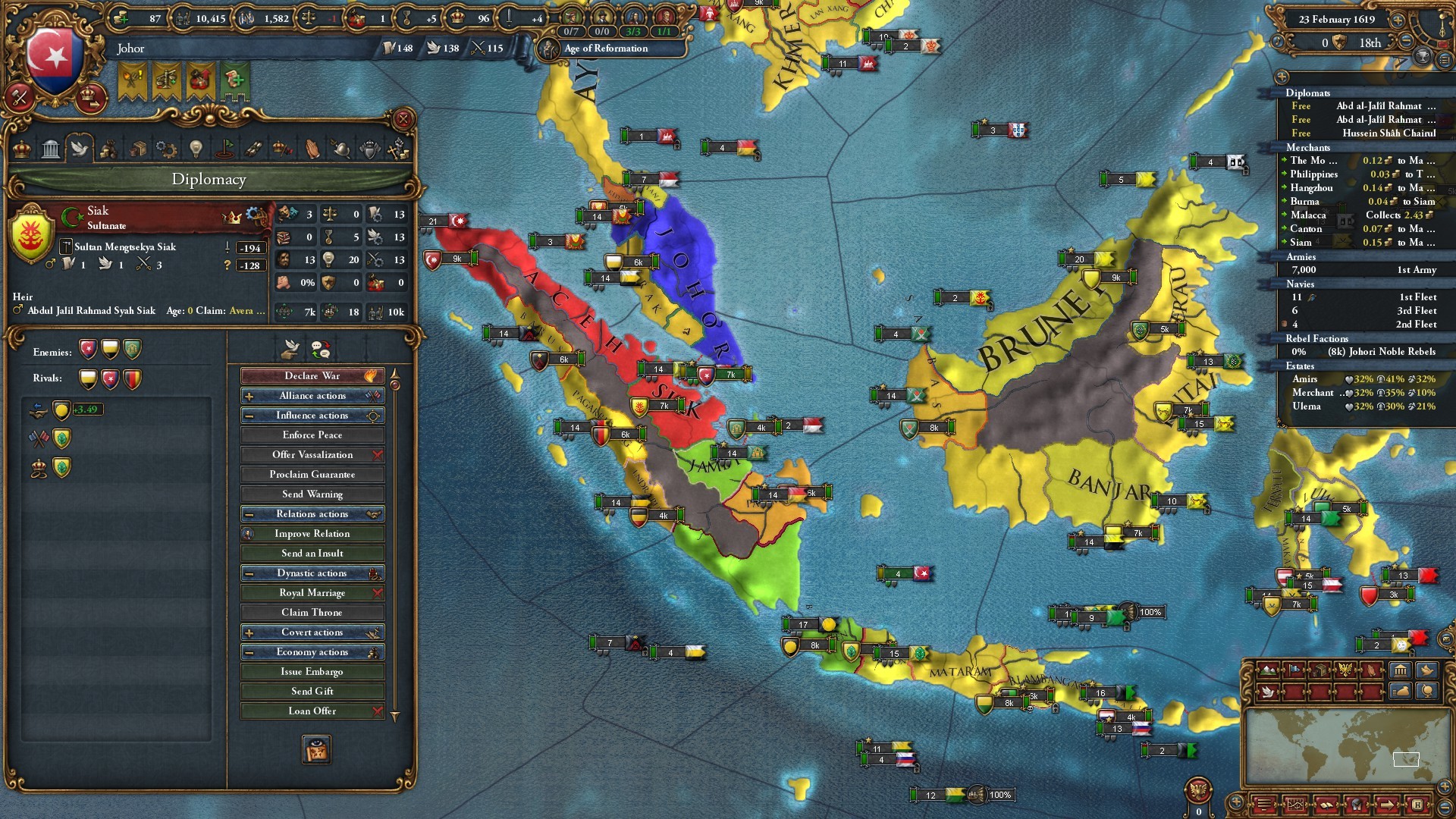
- Design philosophies in subsequent Paradox titles (Stellaris, Crusader Kings III).
- Indie strategy developers aiming for deep simulation over linear narratives.
- An era of community-driven content, from total-conversion mods to competitive MP leagues.
Even now, more than a decade later, EU4’s engine continues to evolve. Therefore, its living history model remains a standard for interactive historical simulation.
Conclusion
As we revisit Europa Universalis IV today, nostalgia reminds us of late-night campaigns, narrow escapes, and triumphant global empires. Ultimately, its combination of depth, flexibility, and historical authenticity cements its status as a timeless grand strategy classic. Whether you’re a veteran monarch or a curious newcomer, the world of Europa Universalis IV still beckons—ready for you to script the next chapter of history.
